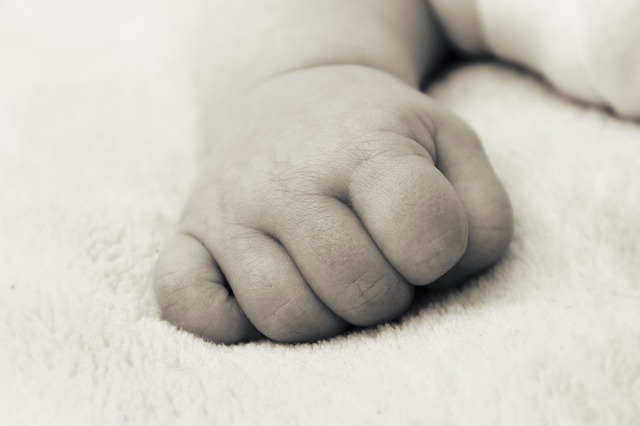Aggregated News

In almost every way, the 2-year-old is the child that his moms dreamed of. He loves playing with cars and trucks. He delights in entertaining others. And he’s strong-willed: He knows what he likes and what he wants.
But there, in a gene tucked away on one of his chromosomes, an anomaly lurks.
The boy carries a mutation in the BRCA1 gene that raises his risk of developing breast, prostate, and pancreatic cancer. His moms knew about it when he was just a frozen embryo. But faced with a choice between transferring the embryo into her womb or not having a biological child, Samantha, along with her spouse, Jessie, chose the former.
“There’s a part of me that feels selfish, indulgent, self-conscious, like I shouldn’t have wanted this so badly or I shouldn’t have gone to such lengths,” said Samantha, who has the BRCA mutation herself and provided the egg for the pregnancy. (STAT is using pseudonyms for the women to keep private their son’s medical information.)
“I wish that I hadn’t passed it on,” she added.
Jessie and Samantha’s...



